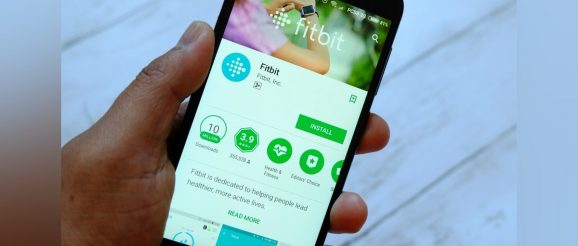All of Us Researchers Study Disparities in Fitness Tracker Usage | Healthcare Innovation

Researchers in the All of Us Research Program surveyed patients at six Federally Qualified Health Centers (FQHCs) to better understand disparities in usage of wearable fitness trackers. In a research brief published in npj Digital Medicine, the NIH research team found that lack of use was related more to cost and need for use support than willingness or interest in using devices.
The All of Us precision medicine program is building a national effort that aims to build one of the largest, most diverse databases of health information from one million or more people that researchers can use to study health and disease. It enables participants to donate their Fitbit data to the program. However, when Fitbit demographics were compared to overall participants, a reduction in diversity in race and socioeconomic status was observed.
The authors surveyed 1,000 patients at FQHCs to understand the barriers of use to understand how to avoid digital technologies becoming another social determinant of health, or area of underrepresentation by diverse participants in medical research. They found that lack of use was related more to cost and need for use support, than willingness or interest in using devices. The program is considering how to use these findings to potentially distribute devices to ensure representative use across its diverse participants.
Of the 1,007 adults surveyed, 39% identified as Hispanic, 36% as non-Hispanic Black or African American, and 15% as non-Hispanic White.
The research found that the majority of patients are interested in using digital health devices and learning how they could improve health. However, cost and understanding how they work are important barriers that could prevent individuals from realizing the benefits of wearable digital health devices such as fitness trackers
Hindering factors identified include cost, a general awareness of fitness trackers, and specific information about how they can provide health insights, language, and assistance over the phone vs fully digital methods.
The researchers also made note of cultural nuances. They learned that many Spanish-speaking participants were concerned that these devices could be used to track their movements, because of the word “trackers.”
The research team noted that since the cost of a device was one of the most hindering factors noted in the survey, investment is needed to help overcome this barrier to entry.
Future research to understand potential health disparities and inequity could investigate other evidence-based digital health solutions and real-world data beyond fitness trackers, researchers added.
Noting that the All of Us program is committed to engaging with diverse communities, the researchers add that the results of the survey suggest that additional investment in devices and educational materials from other clinical and research programs could contribute toward reducing disparities.
